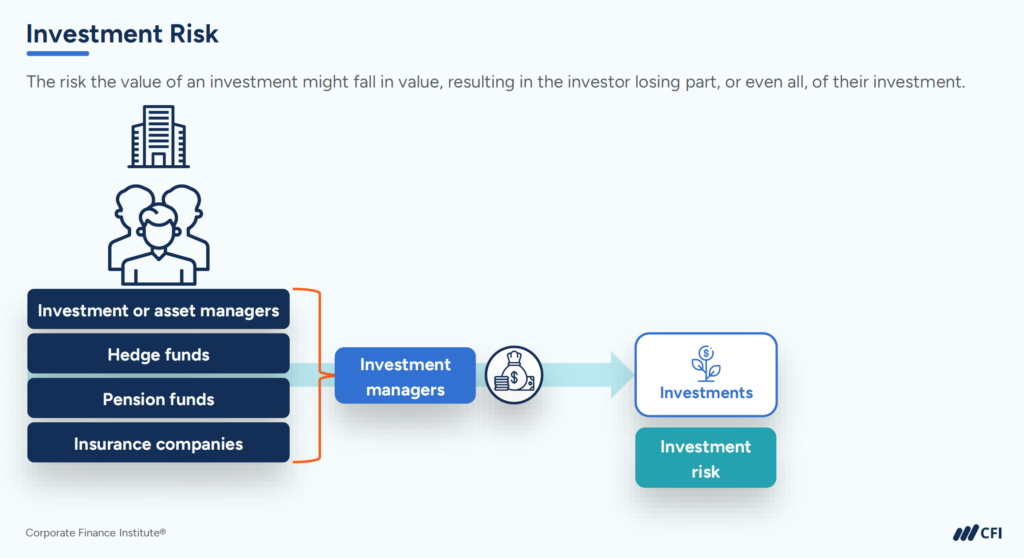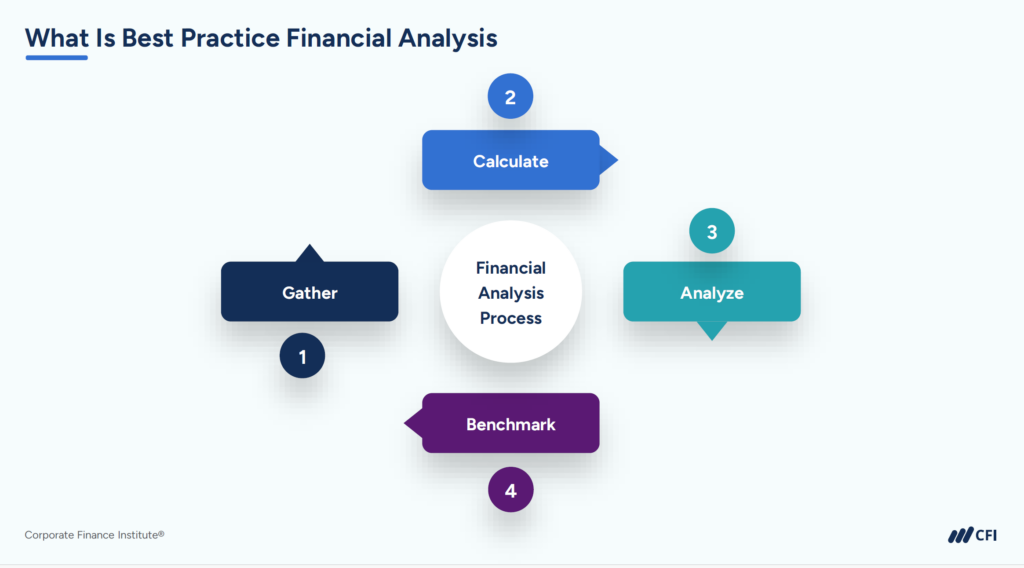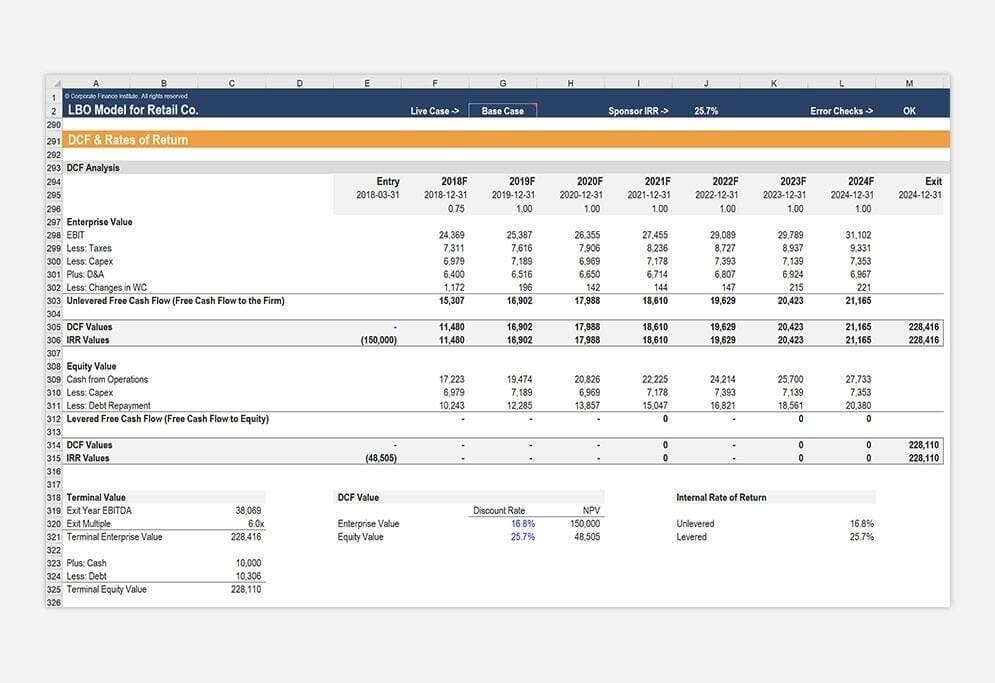

Private equity and venture capital are two prominent investment strategies in the financial services industry, playing crucial roles in shaping businesses and driving economic growth. While both involve investing in private companies, they differ significantly in their approaches, target companies, and overall objectives.
Below, we’ll explore the worlds of private equity and venture capital so you can understand the relationship between them and the specific roles they play in the financial industry.
Defining Private Equity and Venture Capital
While both are considered types of investment strategies, private equity and venture capital have very distinct definitions and functions.
Private Equity
Private equity refers to investment firms that typically invest in established companies looking to expand or restructure their operations. These firms acquire a controlling stake in the target company and work closely with their existing management team to improve its performance and increase its value.
Private equity firms often employ a hands-on approach, actively participating in the strategic decision-making process of their portfolio companies. In addition to capital, these firms also bring expertise and industry connections to help drive growth and operational improvements.
One distinctive feature of private equity investments is the use of leverage. Private equity firms frequently borrow money to finance their acquisitions, a strategy known as a leveraged buyout (LBO). This approach allows them to amplify their returns but also increases the risk associated with the investment.
Venture Capital
Venture capital, on the other hand, focuses on investing in early-stage companies with high growth potential. These firms provide funding to startups and young businesses in exchange for equity ownership. Venture capitalists are often drawn to innovative companies in rapidly evolving industries like technology, biotechnology, and clean energy.
Unlike private equity firms, venture capital investors use a more hands-off approach regarding management. While they may offer advice and mentorship to the company’s founders and executives, they generally don’t seek to control the day-to-day operations of their portfolio companies.
Venture capital investments are also usually structured as equity financing, meaning the firm provides capital in exchange for ownership shares in the company. This approach aligns the interests of the investors with those of the founders, as both parties benefit from the company’s success and growth.
What are the Differences Between Private Equity and Venture Capital?
While private equity and venture capital share slightly similar investment practices, they have several key differences. Understanding these differences is crucial for anyone considering a career in either field or an investment firm that can produce the necessary capital for growth.
Here’s how they differ:
Company Type
One of the most significant differences between private equity and venture capital lies in the types of companies they target. Private equity firms primarily invest in established companies with a proven track record of profitability and stable cash flows. These companies may be underperforming or in need of strategic repositioning to unlock their full revenue potential.
Venture capital firms focus on early-stage companies, more commonly referred to as startups. These businesses are typically in their infancy, with innovative ideas or technologies but limited operational history. Venture capitalists are willing to take on higher risks in exchange for the potential of exponential growth and returns.
Ownership
The ownership structure also differs between private equity and venture capital investments.
Private equity firms usually acquire a controlling stake in their portfolio companies, often becoming the majority shareholder. This level of ownership allows them to exert significant influence over the company’s strategic direction and operational decisions.
Venture capital firms, however, typically own a minority stake in their portfolio companies. They may lead or participate in multiple funding rounds, gradually increasing their ownership over time, but rarely seek to acquire a controlling interest or influence over the company’s objectives. This approach allows the founders and management team to retain control of the company while benefiting from the venture capital firm’s financial support and expertise.
Investment Amount and Type
The scale and structure of investments also differ between private equity and venture capital.
Private equity firms are known for making larger investments, often in the hundreds of millions or even billions of dollars. These investments are typically used to finance the acquisition of established companies or to fund significant expansion efforts.
Venture capital investments, while still substantial, are usually smaller in scale. Initial investments may range from a few hundred thousand to several million dollars, with the potential for follow-on investments in subsequent funding rounds. This staged approach allows venture capitalists to mitigate risk by evaluating the company’s progress before committing additional capital.
It’s important to remember that when it comes to funding businesses:
- Private equity firms often fund their investments with debt financing in addition to equity. While this leveraged approach can amplify returns, it also increases financial risk.
- Venture capital firms primarily provide equity financing, taking on the risk of ownership in exchange for the potential of high returns.
Industry Types
While private equity and venture capital firms can invest in various sectors, they differ in their industry focus.
Private equity firms have a broader investment scope, acquiring companies across a wide range of industries. They may specialize in specific sectors but are generally more flexible in their investment criteria.
Venture capital firms often take a more targeted approach, focusing on specific sectors or technologies. Their most common specializations include tech, healthcare, biotechnology, and clean energy. This level of specialization allows them to develop deep expertise in their chosen fields and better evaluate the potential of early-stage companies.
Risk
The risk and return profile of private equity vs. venture capital investments also differs significantly.
Private equity investments are generally considered less risky than venture capital investments. This lower risk is primarily due to the fact that private equity firms invest in established companies with proven business models and consistent cash flows.
Venture capital investments, by nature, carry higher risks. Many startups fail, and even those that succeed may take years to become profitable. Venture capitalists mitigate this risk through portfolio diversification, investing in multiple companies with the expectation that a few highly successful investments will offset the losses from failed ventures.

Work Environment
Both private equity and venture capital offer challenging and dynamic work environments. Therefore, professionals in these fields must be comfortable with fast-paced, high-pressure situations and be able to make critical decisions quickly.
In private equity, the work often involves detailed financial analysis, due diligence on potential acquisitions, and hands-on involvement in portfolio company operations. Professionals may spend significant time working on financial models, negotiating deals, and developing strategies to improve company performance.
Venture capital work environments tend to be more entrepreneurial and forward-thinking. Professionals in this field spend much of their time evaluating new technologies and business models, meeting with entrepreneurs, and helping portfolio companies navigate the challenges of rapid growth.
Both fields require strong analytical and financial skills, as well as the ability to build relationships and work effectively with a wide range of stakeholders.
Salaries
Both private equity and venture capital are known for offering competitive compensation packages. Salaries in these fields are typically high, reflecting the demanding nature of the work and the high stakes involved in investment decisions. While both fields offer the potential for high earnings, they also come with significant pressure to perform and often require long hours and intense dedication.
However, the structure and level of compensation can vary significantly depending on the firm, the individual’s experience, and the performance of investments. Private equity compensation often includes a base salary, annual bonus, and carried interest (a share of the profits from successful investments). Venture capital compensation structures are similar but may place a greater emphasis on long-term incentives tied to the success of portfolio companies.
According to Glassdoor, the average salaries for a senior associate in both types of firms are:
- $131,833 per year ($243,543 with bonuses and profit sharing) as a senior associate in private equity
- $157,912 per year ($285,174 with bonuses and profit sharing) as a senior associate in venture capital
Keep in mind that base salaries and bonuses for both can vary greatly depending on the type and size of the firm and the location.
Is It Better to Work in Private Equity or Venture Capital?
Choosing between a private equity career or a venture capital career will depend largely on your professional interests, skills, and career goals. Both fields offer exciting opportunities and challenges but suit different personalities and professional aspirations.
Choose private equity if:
You’re drawn to working with established companies and enjoy the challenge of improving operational efficiency and driving strategic change. Private equity work often involves more traditional financial analysis and focuses on value creation through operational improvements and financial engineering.
Choose venture capital if:
You’re passionate about innovation and emerging technologies and enjoy working with entrepreneurs to build companies from the ground up. Venture capital work requires a forward-thinking mindset and the ability to spot trends and opportunities in rapidly evolving industries.
Consider your risk tolerance as well. Private equity, while still risky, typically offers more predictable returns and a more straightforward path to profitability. Venture capital involves higher risks but also the potential for exponential returns if you invest in the next big startup success story.
Ultimately, the best choice depends on your personal preferences and where you see your career heading in the long term. Both fields can be rewarding as long as you have the right skills and mindset.
Can You Move From Private Equity to Venture Capital?
Transitioning from private equity to venture capital is possible, but it can be challenging. While both fields involve investing in private companies, the skills and mindset required for success in each can differ significantly.
Venture capital firms often look for individuals with experience in starting and growing companies. If you have a strong track record in private equity, you may be able to make the transition by demonstrating your entrepreneurial skills and your ability to identify and nurture high-potential businesses.
Fortunately, there are several transferable skills between private equity and venture capital:
- Financial analysis and valuation
- Due diligence processes
- Negotiation and deal structuring
- Understanding of various industries and business models
- Relationship building and networking

Of course, you’ll need to consider the challenges ahead if you want to make the transition. These challenges include:
- Different mindset: Venture capital requires a more speculative approach and comfort with uncertainty.
- Industry focus: You may need to develop expertise in specific high-growth sectors like technology or biotechnology.
- Deal structures: Venture capital deals often involve terms and structures different from those of private equity transactions.
To increase your chances of successfully transitioning from private equity to venture capital, consider these tips:
- Network extensively within the venture capital community
- Demonstrate your passion for startups and innovation, perhaps by seeking mentorship from entrepreneurs or investing in startups personally
- Develop expertise in high-growth industries through self-study or additional education, such as participation in an online financial certification program
- Highlight any experience working with early-stage companies or on growth-oriented projects within your private equity role
Conclusion
Private equity and venture capital represent two distinct yet essential segments of the investment landscape. While both involve investing in private companies, they take on different investment approaches, target different types of companies, and, ultimately, have very different objectives. Whether you’re drawn to the world of leveraged buyouts and operational improvements in private equity or venture capital’s fast-paced, innovative environment, understanding the critical differences between these investment strategies is crucial for making an informed career decision.
If you’re interested in developing leverageable skills in private equity or venture capital, consider exploring CFI’s education resources and courses that will help you prepare for success in either of these competitive fields.

Create a free account to unlock this Template
Access and download collection of free Templates to help power your productivity and performance.
Already have an account? Log in
Supercharge your skills with Premium Templates
Take your learning and productivity to the next level with our Premium Templates.
Upgrading to a paid membership gives you access to our extensive collection of plug-and-play Templates designed to power your performance—as well as CFI's full course catalog and accredited Certification Programs.
Already have a Self-Study or Full-Immersion membership? Log in
Access Exclusive Templates
Gain unlimited access to more than 250 productivity Templates, CFI's full course catalog and accredited Certification Programs, hundreds of resources, expert reviews and support, the chance to work with real-world finance and research tools, and more.
Already have a Full-Immersion membership? Log in





